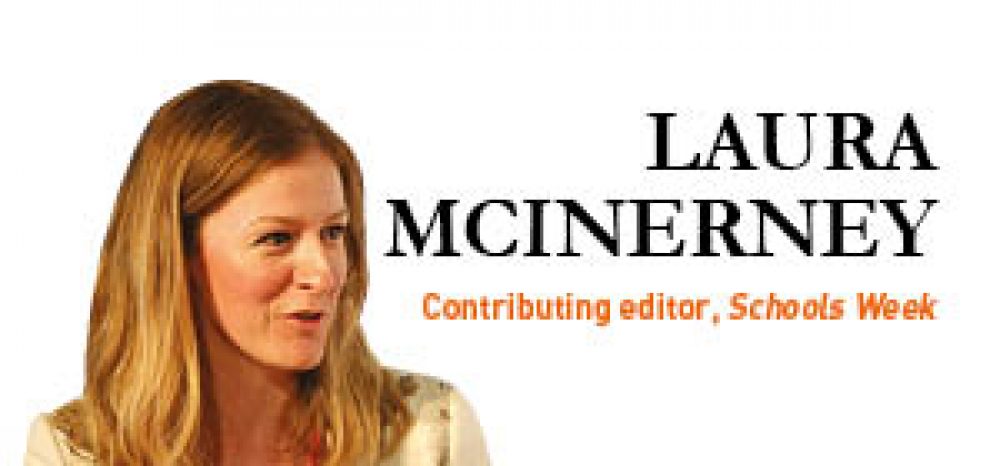In 2012, the scientist Frans de Waal revealed how monkeys go berserk if paid unequally for a task.
A YouTube video, watched 13 million times, shows a researcher giving two Capuchin monkeys a food treat in return for handing her a pebble. When the first monkey is given a cucumber, he happily eats it. But when he realises that his mate is receiving grapes for the same task, he starts throwing his cucumber back at the researcher and shaking the cage door. The longer this pattern goes on, the more irate he becomes.
Humans have similar feelings. The HR firm CEB surveyed workers across various industries and found that their feeling on the relative fairness of their salary was 25 times better at predicting their engagement at work than their actual salary. When people feel their salary is unfair, they are also more likely to leave the job.
So what to make of Gatsby and Datalab’s latest research suggesting that a 5 per cent increase in salary for early career maths and science teachers would keep them in the profession and reduce the shortages that schools now face?
Those satisfied with their income were more willing to have other teachers given a salary boost
Unfortunately, even if the economics of it is all correct, and the pay rise really would keep the maths and science teachers, there’s a major problem if it means others would down tools. And the latest research from the daily survey app, Teacher Tapp, certainly suggests differential pay would rankle.
More than 2,000 teachers were asked to imagine that a job in their school had been advertised, readvertised, and yet it was June and still no one had been appointed. What should the head do next? Readvertise the same job; add £3,000 to the pay package; add £5,000; add £10,000; or reach for the temping agency address book.
Depressingly, the most popular solution was to call a supply agency (43 per cent). No doubt that was affected by it being June, meaning the resignation deadline had passed for many teachers, but it also shows that teachers would rather give money to a private company than even attempt to attract a new teacher via extra pay.
When asked about giving extra cash to physics teachers specifically, a similar pattern emerged. Almost half (46 per cent) of teachers said no extra money ought to be given. Among the rest, 17 per cent agreed with a £1,000 uplift, 25 per cent said a £3,000 bonus was acceptable, and 10 per cent were up for a £5,000 bump.
My guess was that the people happy with the uplifts would all be science teachers. But this turned out not to be true.
Science teachers had the same spread of feeling on the matter as the rest of the population – perhaps because they didn’t want to see new teachers given something they didn’t have, or because it would mean greater fractures between people in the same department (eg, biology teachers would not be happy to be paid less than physics teachers).
One factor that did make a difference was a teacher’s level of happiness with their own pay. Those satisfied with their income were more willing to have other teachers given a salary boost.
Presumably this echoes the finding that among the monkeys, those with grapes would also be very happy for grapes to be shared around!
A final finding gave a pause for thought. When asked to imagine one of their favourite colleagues taking early retirement, 18 per cent of teachers said they would be happy for the school to offer £5,000 to keep them another year. That’s much higher than the 10 per cent who would give a new physics teacher a £5,000 bonus to fill a space, although it’s not surprising given that people know their current colleague whereas the physics teacher could be of any quality.
Going back to the monkeys, the easy conclusion is that differential salaries make teachers resentful, but they might not mind bonuses so much if they are spent retaining their favoured colleagues.
However, all this misses a key point. With performance-related pay now embedded, most teachers will be gradually paid differently over their careers. Some are getting cucumbers, while others get grapes anyway.
Writing it into an advert is simple honesty. If you don’t like it, then it might be time to start rattling the cage.
Laura McInerney is contributing editor of Schools Week







Your thoughts